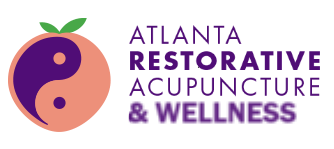There are misunderstandings about key words and concepts in Chinese Medicine that often hinder the ability of people to see that Chinese Medicine is in fact, an empirical medicine, rooted in keen observation of physiology.
For example, the Chinese word “Qi,” is thought by most in the West to mean “energy.” However, this understanding is based on a mistranslation by a 19th century French diplomat. Sinologists all agree that there are many different meanings for Qi, but not one of them is “energy.” The main meaning of Qi is “vital air,” which was the ancient Chinese expression for what we now know is oxygen, and other gases in our body. While many people may be attracted to the idea of a medicine that manipulates “energy,” others, including important institutions in Western society like modern medicine, are often repelled by this idea.
Another example is the concept of Acupuncture meridians. Most people in the West, including most Acupuncturists, have been taught that Acupuncturists insert needles along lines of invisible energy pathways called “meridians.” In truth, these “meridians” are pathways that correspond to major longitudinal blood vessels, fascial planes and lymphatic and nerve pathways. This physiological connection between Acupuncture points along vessels, and other physiological pathways, points to the ancient Chinese understanding of the human body. In fact, the Chinese were conducting autopsies, 500 years before Christ.

